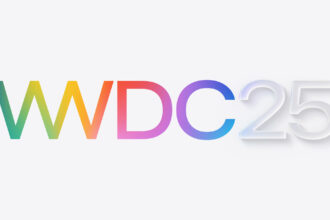Following the National Security Adviser’s (NSA) classification of crypto trading as a national security threat, several fintech companies are taking drastic measures.
At least three major players – Moniepoint, Paga, and Palmpay have announced they will block accounts involved in cryptocurrency transactions and report them to authorities. This move could lead to a permanent ban on peer-to-peer (p2p) crypto trading, a shift from the initial stance on crypto under the Tinubu administration.
Just months ago, the Central Bank lifted its two-year crypto ban, and crypto exchanges were in talks with the Securities and Exchange Commission (SEC) for licensing. However, recent concerns about the volatile foreign exchange (FX) market and the alleged manipulation of the naira through crypto p2p trading have led to a new change in policy.
Also, a recent directive from the NSA (though officially denied) has forced major fintechs like Moniepoint to halt new customer onboarding, citing the ease with which these accounts can be used for crypto trading and potentially fraudulent activities.
Central Bank Governor Olayemi Cardoso previously claimed $26 billion in untraceable transactions were processed by Binance, prompting a crackdown on the exchange and the freezing of over 1,000 bank accounts linked to p2p transactions.














